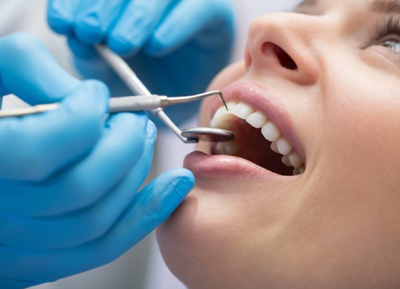

Conservative dentistry emphasizes the preservation of natural teeth for as long and as frequently as possible, making options like permanent dentures or porcelain veneers a last resort. When removing "bad tissue," dentists aim to minimize the amount of teeth taken out. This approach applies to various dental procedures, including whitening, orthodontics, and regular cleanings. The process begins with a thorough assessment of the mouth to gauge the extent of irreversible damage, followed by the development of a tailored plan.
Tooth integrity is prioritized whenever feasible, and treatment plans are designed to minimize the likelihood of recurring issues. For instance, in a common procedure like a filling, a conservative dentist will precisely remove only the dead or irreversibly damaged areas, leaving the healthy material intact. Tooth-colored fillings are particularly well-suited for conservative dentistry, helping to preserve a tooth's integrity. The duration of tooth restoration depends on the number of teeth involved and the severity of the damage. The ultimate aim, however, is to retain as much of the tooth as possible, with follow-up appointments scheduled to ensure continued health.
Prevention is paramount, as in conservative healthcare across various medical disciplines. Thus, conservative dentists encourage patients to maintain their six-month checkups. Detecting dental issues early on is crucial for delivering optimal treatment and preserving teeth. A conservative dentist values education, information sharing, and collaboration with patients and dental specialists. Daily measures to reduce gum disease can make dentistry a more natural, cost-effective, less uncomfortable, and less invasive option in the long run.
It's important to note that not all dentists practice conservative dentistry, but adopting this mindset is valuable. Patients interested in partnering with a conservative dentist can check their professional affiliations, as certain organizations tend to favor conservation. Additionally, word-of-mouth recommendations, website information, and reviews can offer insights. Of course, the most direct approach is to inquire with your dentist. If you believe conservative dentistry aligns with your preferences, consult with your dentist to chart a course toward maximum tooth preservation and prolonging the health of your teeth and gum tissue.